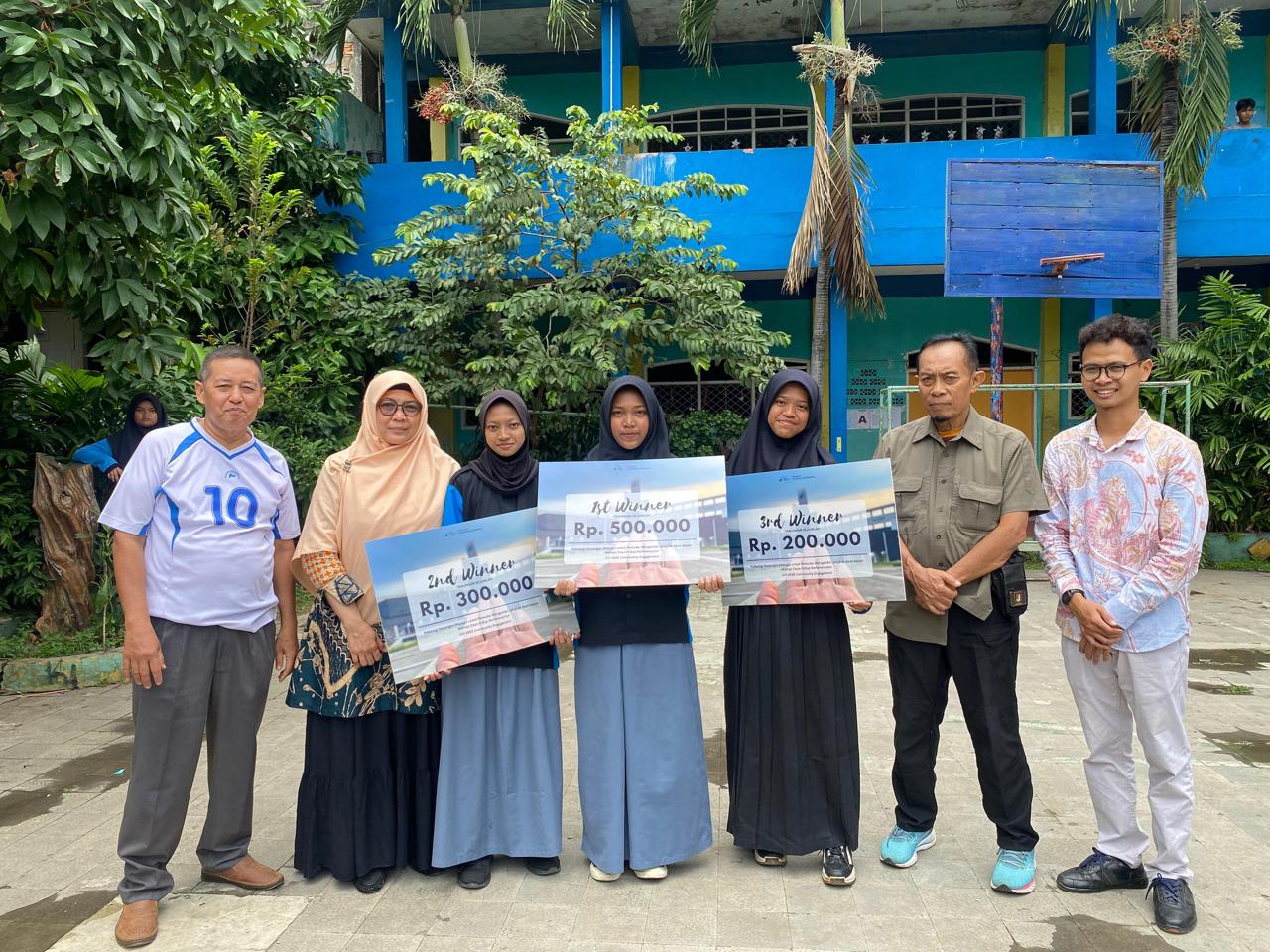More From News
UIII Builds a Bridge to Costa Rica
February 26, 2026
UIII Strengthens Its Academic Resources with Read Japan Project
February 25, 2026
November 17, 2025
By Syamsi Mustofa Singgih Prayogo

The Faculty of Economics and Business of Universitas Islam Internasional Indonesia (FEB UIII) has successfully completed a community engagement program titled “Ecological Finance Psychology for Youth: Taking Small Steps on the Path to Sustainable Lifestyle”. The program combines psychological awareness, financial literacy, and environmental education to encourage sustainable behavior among young people.
Led by Hanafi Sofyan Guciano, Ph.D with the Master of Finance student Syamsi Mustofa Singgih Prayogo, the initiative engaged students of SMK Bina Taqwa Depok through a participatory action research (PAR) approach that promotes reflection and emotional dialogue. The project is designed to help youth understand how emotions, spending habits, and ecological choices are interconnected.
 Throughout four interactive sessions, participants explored personal ecological norms, social influences, and financial decision-making. They also mapped their lifestyles using the Environmental Psychology Canvas as a reflective tool that links emotional and financial awareness with sustainable living.
Throughout four interactive sessions, participants explored personal ecological norms, social influences, and financial decision-making. They also mapped their lifestyles using the Environmental Psychology Canvas as a reflective tool that links emotional and financial awareness with sustainable living.
Through storytelling, games, and group discussions, students learned that even small financial and behavioral changes can create a positive impact on the environment.
“I have just realized the importance of financial management and environmentally friendly behavior for my life and the future of the earth. This training is very essential for students in applying a sustainable lifestyle”, said Fadillah Rizqi Handayani, a 12th grade student who has benefited from this learning experience.
One of the highlights was the Eco-Finance group dialouge, where students realized that financial habits such as single-use consumption or impulsive spending have environmental consequences. At the closing session, top-performing students received student savings prizes, symbolizing the integration of financial responsibility with ecological mindfulness.
 Dr. Hanafi expressed his hope that the project will continue to inspire more youth to take part in sustainability lifestyle, “When young people understand that emotions and financial choices influence the planet, they begin to see sustainability not as a burden, but as a meaningful part of daily life. I hope that with this ecological awareness and financial literacy, the younger generation will be able to avoid the trap of online lending”.
Dr. Hanafi expressed his hope that the project will continue to inspire more youth to take part in sustainability lifestyle, “When young people understand that emotions and financial choices influence the planet, they begin to see sustainability not as a burden, but as a meaningful part of daily life. I hope that with this ecological awareness and financial literacy, the younger generation will be able to avoid the trap of online lending”.
The success of this initiative demonstrates the power of community-based education in shaping environmentally conscious and financially responsible generations.
Universitas Islam Internasional Indonesia